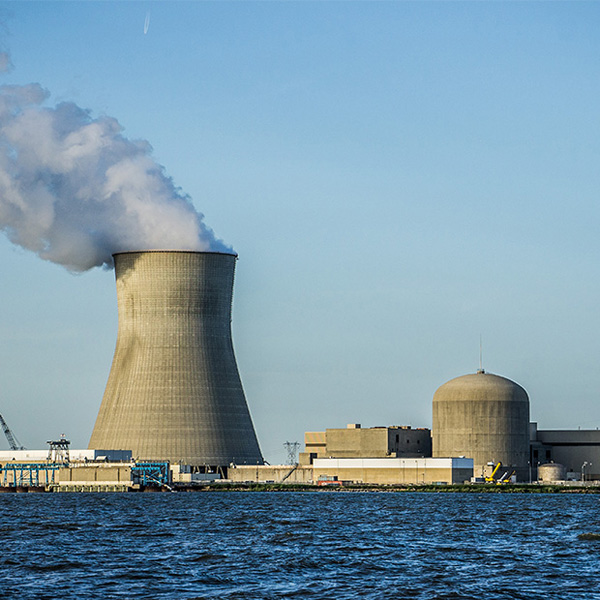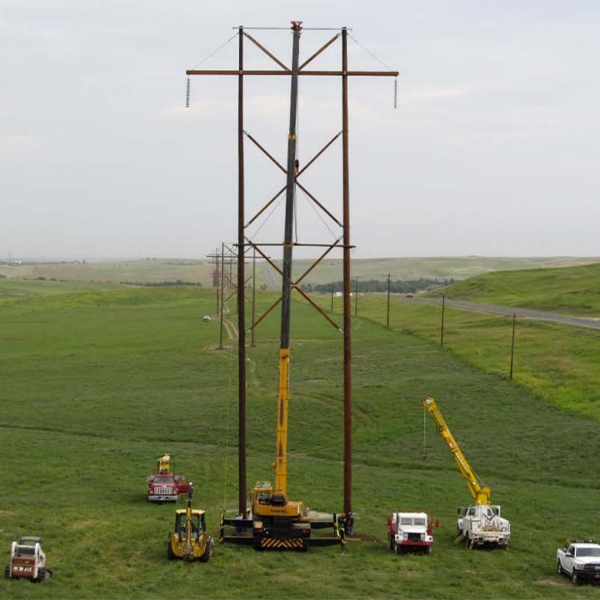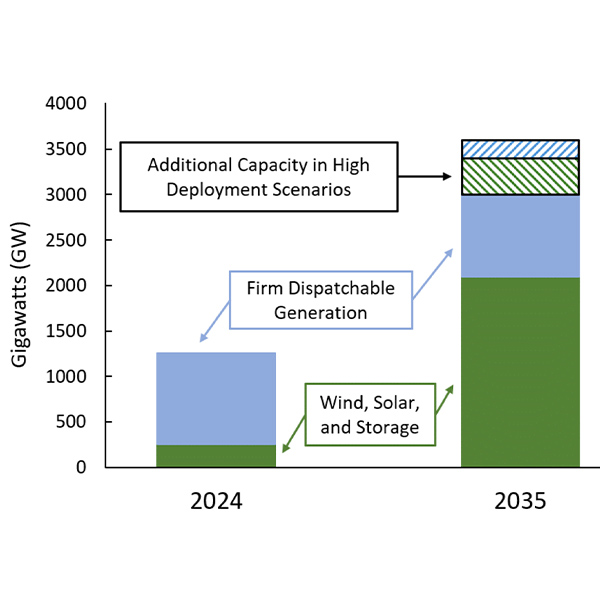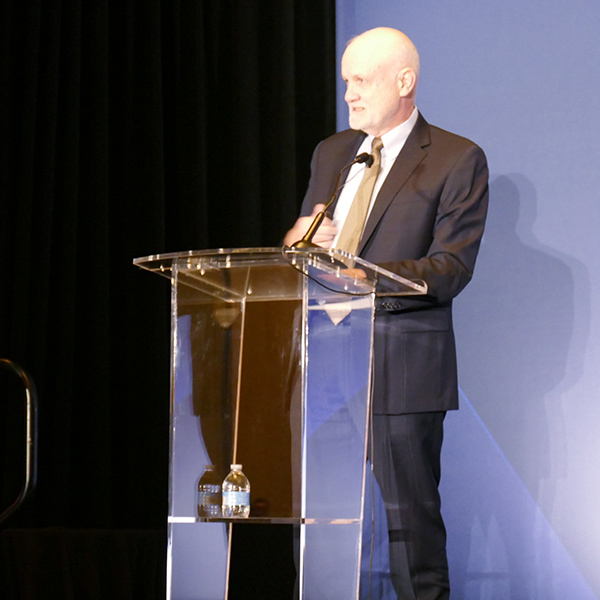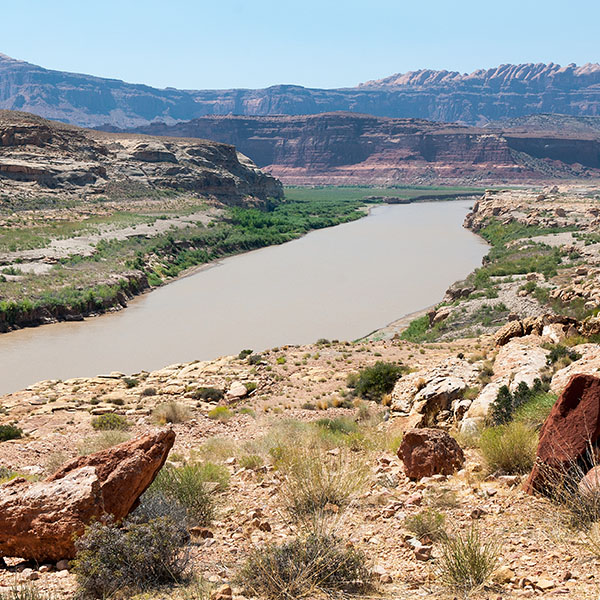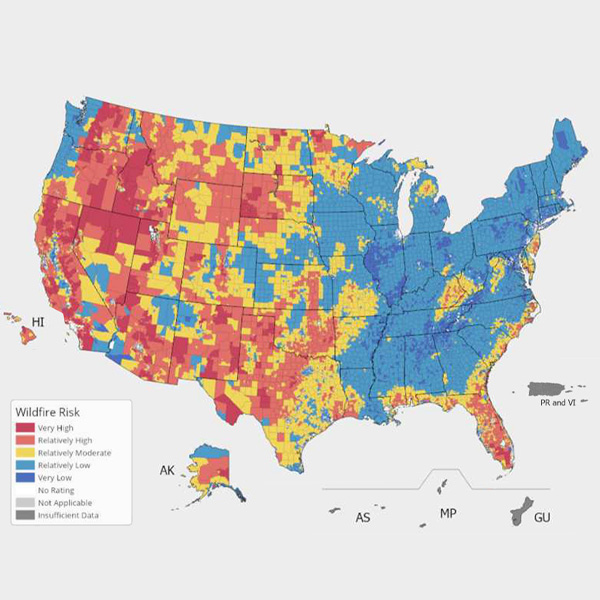Public Policy
Environmental RegulationsReliabilityState & RegionalAlabamaAlaskaArizonaArkansasCaliforniaColoradoConnecticutDelawareDistrict of ColumbiaFloridaGeorgiaHawaiiIdahoIllinoisIndianaIowaKansasKentuckyLouisianaMaineManitobaMarylandMassachusettsMichiganMinnesotaMississippiMissouriMontanaNebraskaNevadaNew HampshireNew JerseyNew MexicoNew YorkNorth CarolinaNorth DakotaOhioOklahomaOregonPennsylvaniaRhode IslandRTO-IndianaSouth CarolinaSouth DakotaTennesseeTexasUtahVermontVirginiaWashingtonWest VirginiaWisconsinWyoming
Exelon prioritized improving "our regulatory outlook in Illinois," CEO Calvin Butler said, after the state's Commerce Commission rejected ComEd's integrated grid plan for failing to meet core provisions of the Climate and Equitable Jobs Act.
In a wide-ranging letter, four U.S. senators called for improved transparency and accountability from ISO-NE, and asked the RTO to increase its efforts to facilitate the clean energy transition.
PSEG is looking to use excess capacity at its three South Jersey nuclear generators to provide clean energy for data centers and AI development projects, CEO Ralph LaRossa said in the company’s first-quarter earnings call.
The New York state office created to expedite permitting of large-scale renewable energy development should offer a better accounting of how long permitting takes, an audit concludes.
The White House Council on Environmental Quality finalized a rule meant to modernize the federal environmental review process under the National Environmental Policy Act.
Streamlining and accelerating permitting is just one of the potential uses DOE envisions for AI to accelerate the U.S. power system’s transition to 100% clean energy and the modern, efficient, secure grid needed to reach that goal by 2035.
The New Jersey Board of Public Utilities has opened its fourth offshore wind solicitation with a planned capacity of up to 4 GW.
The ongoing turnover of the generation fleet to cleaner resources, the recent return of demand growth and the need to stitch all that together with transmission expansion all came up at the Energy Bar Association’s Annual Meeting.
FERC denied an application for a 3.6-MW pumped storage hydropower facility on the Little Colorado River in Arizona — entirely on Navajo Nation land — after the tribe protested that it had not been consulted with by the developer.
Arizona Public Service is prepared to implement public safety power shutoffs, and another utility in the state is laying the groundwork to use the wildfire prevention technique.
Want more? Advanced Search


